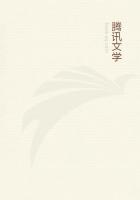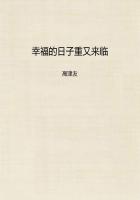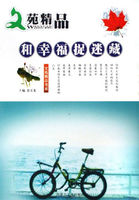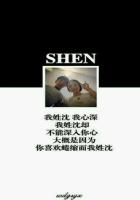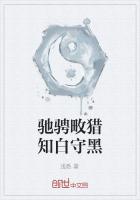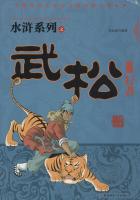In the remainder the sentiment is distinctly Protestant. Rabelais was much struck by the vices of the clergy and did not spare them. Whether we are unable to forgive his criticisms because they were conceived in a spirit of raillery, or whether, on the other hand, we feel admiration for him on this point, yet Rabelais was not in the least a sectary. If he strongly desired a moral reform, indirectly pointing out the need of it in his mocking fashion, he was not favourable to a political reform. Those who would make of him a Protestant altogether forget that the Protestants of his time were not for him, but against him. Henri Estienne, for instance, Ramus, Theodore de Beze, and especially Calvin, should know how he was to be regarded. Rabelais belonged to what may be called the early reformation, to that band of honest men in the beginning of the sixteenth century, precursors of the later one perhaps, but, like Erasmus, between the two extremes. He was neither Lutheran nor Calvinist, neither German nor Genevese, and it is quite natural that his work was not reprinted in Switzerland, which would certainly have happened had the Protestants looked on him as one of themselves.
That Rabelais collected the materials for the fifth book, had begun it, and got on some way, there can be no doubt: the excellence of a large number of passages prove it, but--taken as a whole--the fifth book has not the value, the verve, and the variety of the others. The style is quite different, less rich, briefer, less elaborate, drier, in parts even wearisome. In the first four books Rabelais seldom repeats himself. The fifth book contains from the point of view of the vocabulary really the least novelty. On the contrary, it is full of words and expressions already met with, which is very natural in an imitation, in a copy, forced to keep to a similar tone, and to show by such reminders and likenesses that it is really by the same pen. A very striking point is the profound difference in the use of anatomical terms. In the other books they are most frequently used in a humorous sense, and nonsensically, with a quite other meaning than their own; in the fifth they are applied correctly. It was necessary to include such terms to keep up the practice, but the writer has not thought of using them to add to the comic effect: one cannot always think of everything. Trouble has been taken, of course, to include enumerations, but there are much fewer fabricated and fantastic words. In short, the hand of the maker is far from showing the same suppleness and strength.
A eulogistic quatrain is signed Nature quite, which, it is generally agreed, is an anagram of Jean Turquet. Did the adapter of the fifth book sign his work in this indirect fashion? He might be of the Genevese family to whom Louis Turquet and his son Theodore belonged, both well-known, and both strong Protestants. The obscurity relating to this matter is far from being cleared up, and perhaps never will be.
It fell to my lot--here, unfortunately, I am forced to speak of a personal matter--to print for the first time the manuscript of the fifth book. At first it was hoped it might be in Rabelais' own hand; afterwards that it might be at least a copy of his unfinished work. The task was a difficult one, for the writing, extremely flowing and rapid, is execrable, and most difficult to decipher and to transcribe accurately. Besides, it often happens in the sixteenth and the end of the fifteenth century, that manuscripts are much less correct than the printed versions, even when they have not been copied by clumsy and ignorant hands. In this case, it is the writing of a clerk executed as quickly as possible. The farther it goes the more incorrect it becomes, as if the writer were in haste to finish.
What is really the origin of it? It has less the appearance of notes or fragments prepared by Rabelais than of a first attempt at revision. It is not an author's rough draft; still less is it his manuscript. If I had not printed this enigmatical text with scrupulous and painful fidelity, I would do it now. It was necessary to do it so as to clear the way. But as the thing is done, and accessible to those who may be interested, and who wish to critically examine it, there is no further need of reprinting it. All the editions of Rabelais continue, and rightly, to reproduce the edition of 1564. It is not the real Rabelais, but however open to criticism it may be, it was under that form that the fifth book appeared in the sixteenth century, under that form it was accepted. Consequently it is convenient and even necessary to follow and keep to the original edition.
The first sixteen chapters may, and really must be, the text of Rabelais, in the final form as left by him, and found after his death; the framework, and a number of the passages in the continuation, the best ones, of course, are his, but have been patched up and tampered with. Nothing can have been suppressed of what existed; it was evidently thought that everything should be admitted with the final revision; but the tone was changed, additions were made, and 'improvements.' Adapters are always strangely vain.
In the seventeenth century, the French printing-press, save for an edition issued at Troyes in 1613, gave up publishing Rabelais, and the work passed to foreign countries. Jean Fuet reprinted him at Antwerp in 1602. After the Amsterdam edition of 1659, where for the first time appears 'The Alphabet of the French Author,' comes the Elzevire edition of 1663. The type, an imitation of what made the reputation of the little volumes of the Gryphes of Lyons, is charming, the printing is perfect, and the paper, which is French--the development of paper-making in Holland and England did not take place till after the Revocation of the Edict of Nantes--is excellent. They are pretty volumes to the eye, but, as in all the reprints of the seventeenth century, the text is full of faults and most untrustworthy.

